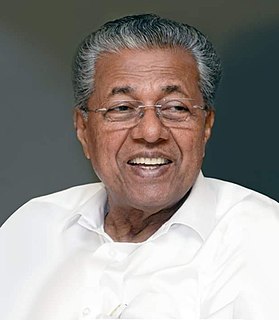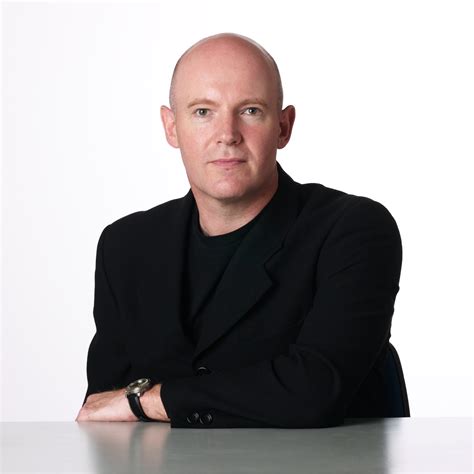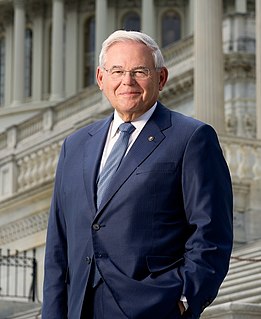A Quote by Pinarayi Vijayan
Historically, Kerala has been performing well on the social sector. Public health, education, and awareness have always been our core areas on which we built up our social infrastructure.
Related Quotes
It's always been government's role to protect the security of the nation. And cyber-attacks is a security issue, from our perspective. And it's a security issue of particular concern with respect to the nation's core critical infrastructure, the infrastructure everyone relies on, the energy sector, the telecommunications sector, the banking sector.
The higher education has always appealed to the South Asian social leaders across all the countries in South Asia. But primary education has been neglected. The oddity, by the way, is if you look at the contrast in India, there are some areas like Kerala where there's a long history of educational development.
If the blessings of our political and social condition have not been too highly estimated, we cannot well overrate the responsibility and duty which they impose upon us. We hold these institutions of government, religion, and learning, to be transmitted, as well as enjoyed. We are in the line of conveyance, through which whatever has been obtained by the spirit and efforts of our ancestors is to be communicated to our children.
Public education is a great instrument of social change. Through it, if we so desire, we can make our country more nearly a democracy without classes. To do so will require the efforts of us all-teachers, administrators, taxpayers and statesmen. Education is a social process, perhaps the most important process in determining the future of our country; it should command a far larger portion of our national income than it does today.
Every strategy for real social change - land reform, education, public health, the equitable distribution of natural resources ... - has been cleverly, cunningly, and consistently scuttled and rendered ineffectual by those castes and that class of people which has a stranglehold on the political process.
Student loans have been helpful to many. But they offer neither incentive nor assistance to those students who, by reason of family or other obligations, are unable or unwilling to go deeper into debt. ... It is, moreover, only prudent economic and social policy for the public to share part of the costs of the long period of higher education for those whose development is essential to our national economic and social well-being. All of us share in the benefits - all should share in the costs.

































